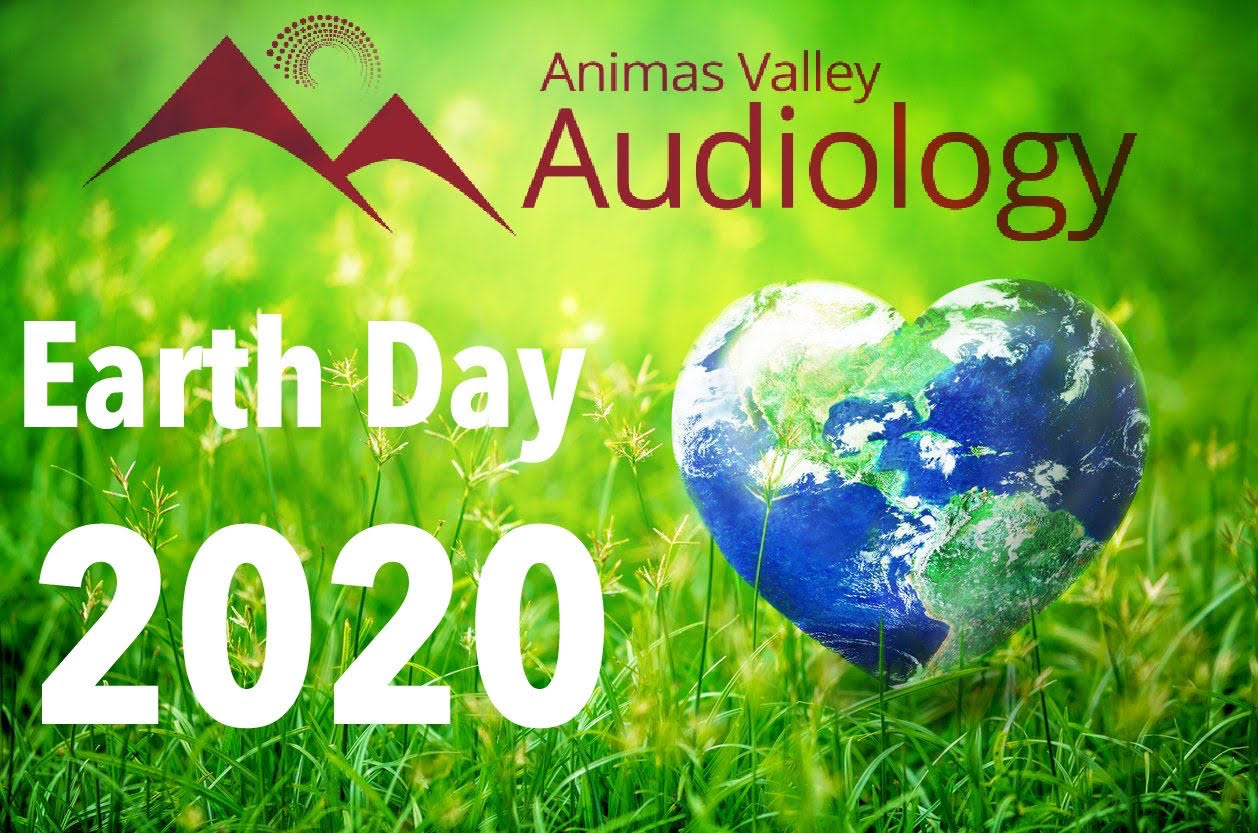7 Tips For Communicating With Individuals With Hearing Loss When Wearing a Mask
While wearing masks becomes our new normal, it also has the


While wearing masks becomes our new normal, it also has the

Today marks Earth Day’s 50th anniversary! Join us in flooding the

Dos and Don’ts for Cleaning Your Mobile Phone Our